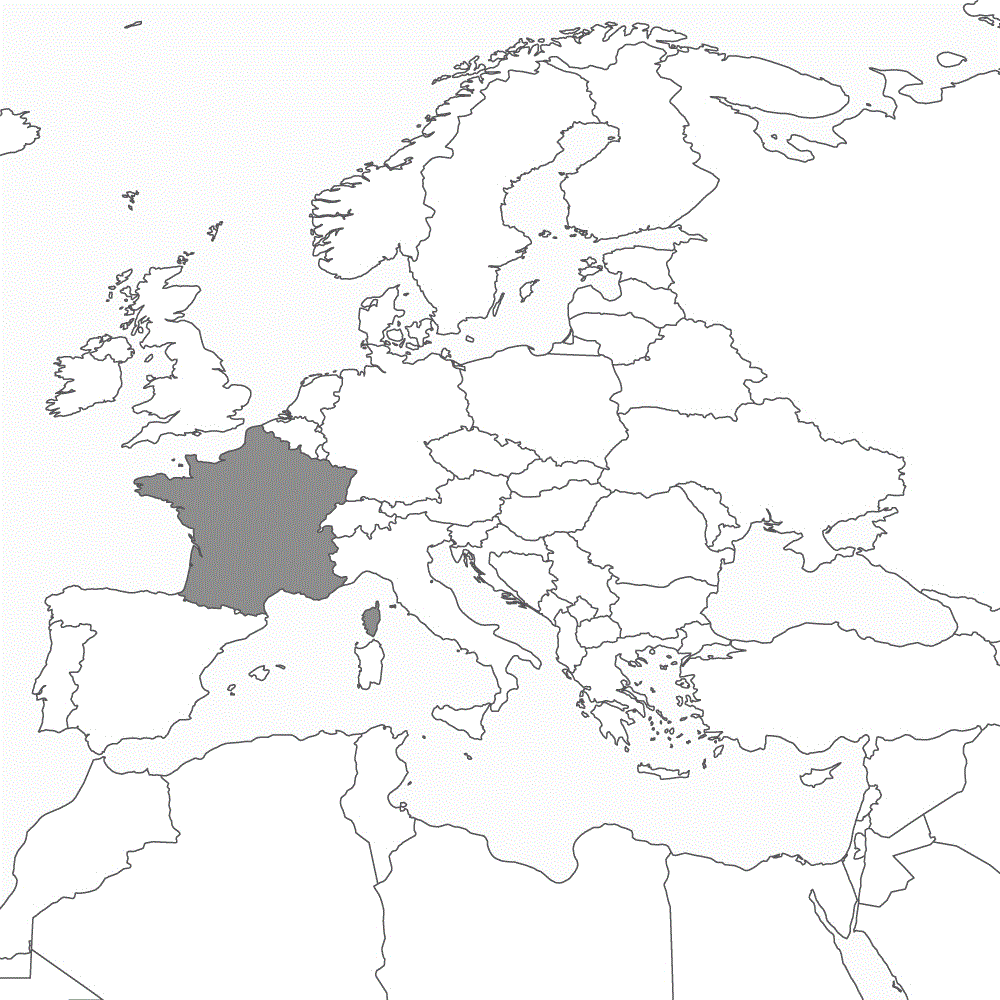Berlin's Standards
BERLIN/PARIS (Own Report) Without parliamentary legitimacy, the governments of Germany and France are attempting to establish a common foreign policy apparatus. The purpose is to convert binational directions from Berlin and Paris and combine the hitherto separate diplomatic representation of both countries. The German-French endeavor would circumvent EU plans for a multi-national foreign policy with equal rights for all EU member states ( ,,Europe with one voice") and would aim at parallel organization of the core powers. In order to retain its leading position vis-à-vis France, Berlin would simultaneously exert influence on the collective foreign policy plans of the EU ( ,,European foreign service"). German foreign policy already operates extensively and independently in its Eastern European back yard and regulates the power struggles in Ukraine as well as Romania.
German and French staff has been organizing the merger of the foreign policy apparatuses after last year's introduction of the project with a symbolic action. At that time the German chancellor let himself be represented by the French president at an EU meeting in Brussels. Irritation by other EU member who, considered this event as a demonstration of a German-French axis partnership directed against them, was later dispelled by Berlin.
Division of Labour
Creation of a binational foreign policy apparatus is based on experience with German economic expansion in the Eastern European states during the fall of communism. Then, Berlin's wholesalers met with tremendous historical prejudice which, at first, complicated their acquisitions. To avoid these difficulties, unencumbered French business partners were used as straw men and were compensated for their cosmetic employment. At times this led to functional cooperation e.g. between the Dresdner Bank and the former BNP (Banque Nationale de Paris) whose French managers worked in behalf of German investors, e.g. in Russia. Conversely, German enterprises were interested in the expansion of French economic influences in France's former colonies by substituting as unsuspected negotiators.
Fait accompli
The economic policy division of labor was transferred to the diplomatic service in the summer of 2004 on a grand scale. Along with several diplomatic moves in the foreign ministries of third countries, German and French ambassadors appeared jointly to lobby for a permanent seat of the German Federal Republic in the UN's Security Council. At this moment, both sides are intensifying their cooperation in their effort to create a fait accompli before the institutionalization of a collective European foreign policy ( ,,European Foreign Service"- Europaeischer Auswaertiger Dienst/EAD). According to Berlin, care must be taken that the future multi-national EU institutions will be ,,supported"and ,,supplemented"by their own foreign policy apparatus. The foreign office has disseminated hints to that effect to the German press since late November. 1)
Export
The foundation for science and policy (SWP) recommends that the ,,competition (...) for political influence"on the future EU foreign ministry ,,and the funds to be distributed in that area"be determined along Berlin's guidelines. 2)According to the SWP, ,,German European policy (...)"should think about ,,instruments and processes for the 'institutional export' of German structures."In applicable foreign policy disputes with lower level EU members, Germany would eventually ,,fulfill again its proven role as mediator between large and small states."
Corrupt
The think tank, which is close to the foreign office, recommends an extensive and silent ,,initial structuring"of the ,,European Foreign Service"(EAD). The SWP fears that, if the ,,initial implementation,"were to be publicized, reactions by several EU signatory states, in view of the openly planned exclusion of their sovereign foreign policy rights, could provoke negative results in several plebiscites. Events in Ukraine and Romania demonstrate to which extent Berlin already regulates the foreign policy of the EU. Members of the German government parties encouraged interior policy disputes in Kiev 3)while Berlin's federal chancellery negotiated with Moscow about the country's fate 4). In Bucharest German foreign policy shields its corrupt Romanian paladins against accusations of massive manipulation of elections, thus dictating arbitrary democratic standards of EU foreign policy.
1) Deutschland und Frankreich vernetzen Botschaften; reuters 30.11.2004
2) Andreas Maurer/Sarah Reichel: Der Europaeische Auswaertige Dienst. Elemente eines Drei-Phasen-Plans; SWP-Aktuell November 2004
3) Goering-Eckardt lobt in Kiew friedliche Demonstration der Opposition; dpa 28.11.2004
4) Bundeskanzler Schroeder und Praesident Putin telefonieren über Situation in der Ukraine; Presse- und Informationsamt der Bundesregierung 30.11.2004
